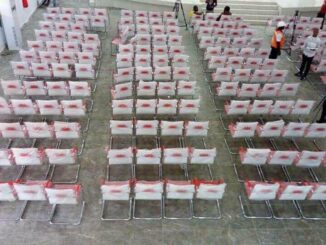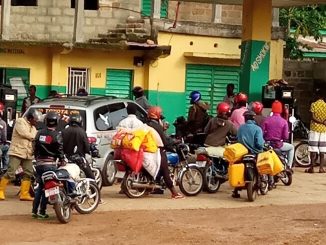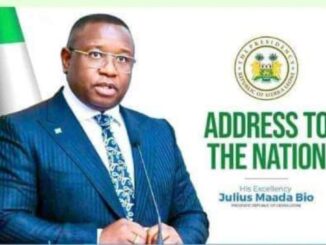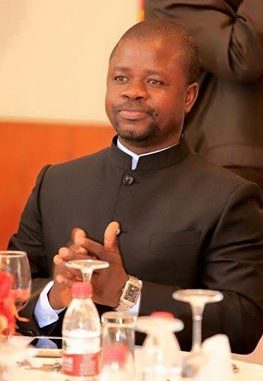
SierraLeone’s Press Attaché to China has said, the present global era is one of mutual development through collective and concerted efforts of nations, given the reality that “no country can develop in isolation.”
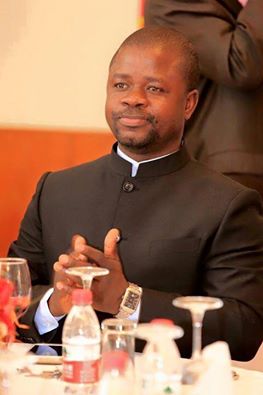
John Baimba Sesay spoke on Saturday, 4th June, 2016, at Peking University, Beijing, on behalf of Ambassador Alimamy P. Koroma, on the invitation of the Centre for New Structural Economics, Peking University.
The statement was in response to a research presentation by students of the University, on Sierra Leone’s Development, specifically aligned to policy matters like, but not limited to, the country’s Macro-economic Growth, Recent Economic and Social Development; Factor Endowment Analysis from the framework of what the country has got to offer, all with the aim of fostering independent thinking among undergraduate students on frontier policy issues about international development.
According to Sesay, Sierra Leone has got huge potential for robust and sound economic growth given the untapped areas of investment.
He dilated on the recent economic and social development that Sierra Leone has witnessed, especially under the leadership of President Ernest Bai Koroma, informing the students that the country has got a lot of investment opportunities in agriculture, fisheries, mining and infrastructure growth and with huge investment incentives being made available for investors.
The country, Sesay said, has always worked towards simultaneously maintaining macro-economic stability, increasing revenues for development purposes, improving international confidence in the management of the economy, promoting investment and re-aligning government expenditure in favor of infrastructural development.”
“We have ensured a paradigm shift from overwhelmingly depending on donors to being able to fund our own development, with our national revenue generating institution, the National Revenue Authority, accounting for over 60% of resources used in our development trajectory”, he said.
Sesay also pointed to efforts being undertaken to ensure investments and reforms in the key sectors most critical to unlocking the full productive potential of our economy.
Speaking on development from the framework of sub regional integration and collaboration, Sesay said, since the world is so interconnected and countries depend on each other for growth, countries in the MRU have also seen the need to always collaborate and push a common development agenda.
The MRU, he said has got a number of resources which are of strategic importance in ensuring sound economic growth.
Guinea, Liberia, and Sierra Leone, he said, have been looking at the possibility of having an industrial park, through an economic free zone along the Makona River Basin “which is based on the thriving cross-border large-scale trade and peaceful co-existence within the communities of the three countries, along the Makona River.”
Promoting growth through industrial parks, he said, requires international support and collaboration. “We may have the raw materials. What would be required is the intervention of development partners in turning these raw materials into finished products.”
Within the framework of “One belt, one road”, Sesay said, China’s continued intervention through its ‘win-win’ approach could be of value more so in line with the “One belt, one road”, which is a Chinese development policy started in 2013 and referring to the New Silk Road Economic Belt that will link China with Europe through Central and Western Asia.

